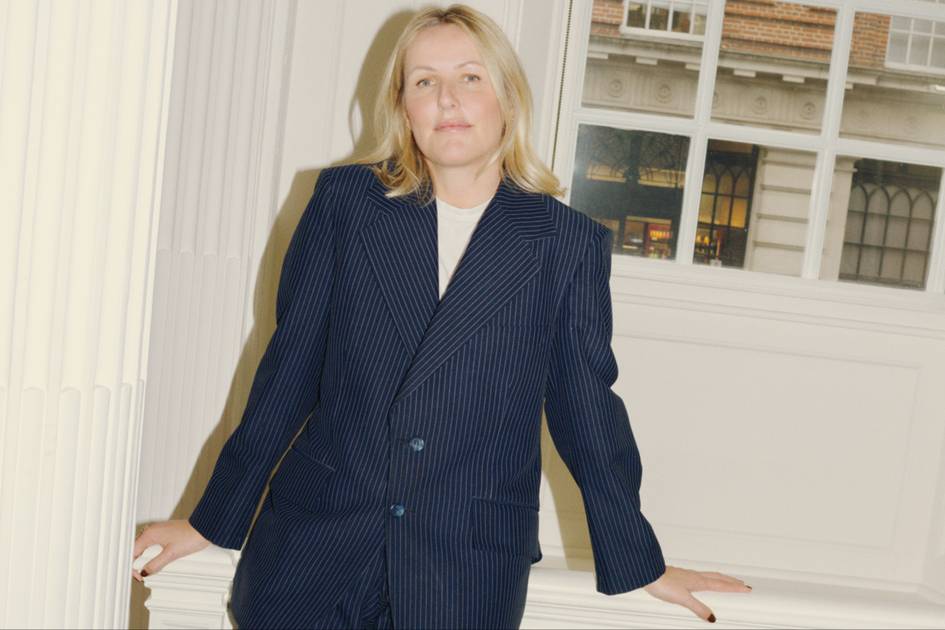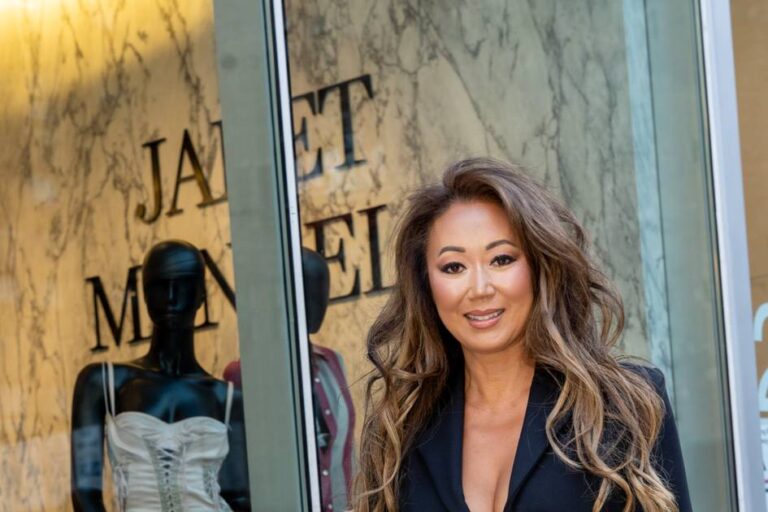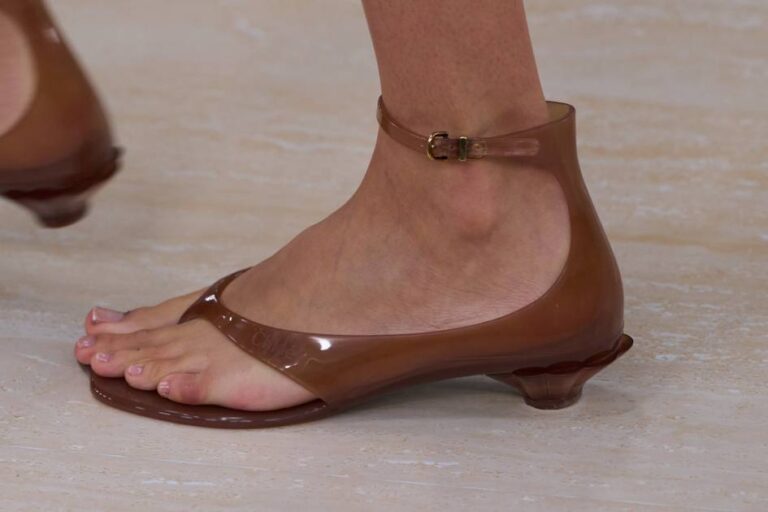New CEO Laura Weir of BFC Calls for a Fresh Start

Laura Weir, the newly appointed chief executive of the British Fashion Council (BFC), has shared her vision for the future of British fashion during the BFC’s summer party in London. After just 77 days in her position, she introduced several strategic initiatives aimed at ushering in a “next British fashion era,” focusing on rejuvenating the fashion economy for local designers.
Speaking at the Serpentine Pavilion, Weir stressed the urgent need for a “reset,” pointing out that London is significantly losing design talent to cities like Paris, Milan, and Berlin. The primary reason, she noted, is the insufficient infrastructure that limits designers’ abilities to create, exhibit, and grow within the UK.
Strategic Vision for British Fashion
Weir expressed her commitment to refining her strategy, emphasizing the importance of placing designers at the center of BFC’s mission. She aims to make mentorship and business acumen vital aspects of their offerings, ensuring that funding efforts yield long-term benefits for the British creative economy. “Every event and showcase we host will be intentional and magnetic,” she stated, indicating that the BFC’s international endeavors will signify a new phase of cultural diplomacy following Brexit.
Addressing her ambitions, Weir acknowledged the considerable challenges ahead. “Revitalising a sustainable fashion economy for our British designers is a long-term mission,” she remarked. Her dedication stems from a genuine passion for the success of British fashion on a global scale. “I won’t rest until my tenure has positively impacted its reputation worldwide,” she added.
Waived Fees and Investment Enhancements
In a noteworthy move, the BFC will waive the London Fashion Week fees for designer members participating in the upcoming September event. Weir commented on the significance of fashion week as a vital piece of national intellectual property, describing it as “our shop window for what creative Britain looks like.” Previously, designers were required to pay a listing fee ranging from £500 to £10,000 based on their annual turnover.
Additionally, the BFC is increasing its investment in the London Fashion Week guest program. This initiative aims to attract more international buyers and press, responding directly to the desires expressed by designers. Increased scholarship funding is also in the pipeline, designed to empower the next generation of designers.
Fostering Global Connections
In her remarks, Weir shared insights from her conversations with government representatives from places like Hong Kong, India, and the Middle East. She noted how these countries are strategically investing in culture to enhance their global standing. “They understand that investment in culture leads to the commercial and reputational success of a nation,” she explained.
Weir emphasized the wealth of talent and creativity that exists in the UK but underscored the need for better support infrastructure. “Since Brexit and Covid, I feel we have been neglecting the incredible creative assets we have,” she added.
BFC Fashion Assembly Initiative
Another exciting announcement was the launch of the BFC Fashion Assembly pilot, an initiative led by Sarah Mower, the BFC’s ambassador for emerging talent. This program aims to reconnect designers with their former schools across the UK, inspiring young people outside London to envision careers in fashion.
As she concluded her speech, Weir appealed directly to retailers, urging them to become “strategic partners” rather than mere stockists for British designers. She reassured designers that their concerns have been heard and announced plans to adapt BFC’s funding pathways to support their growth sustainably.
“Fashion is not just about shows and clothes. It provides a glimpse into what society’s future may hold. Together, it’s time to write a new story,” Weir concluded.





